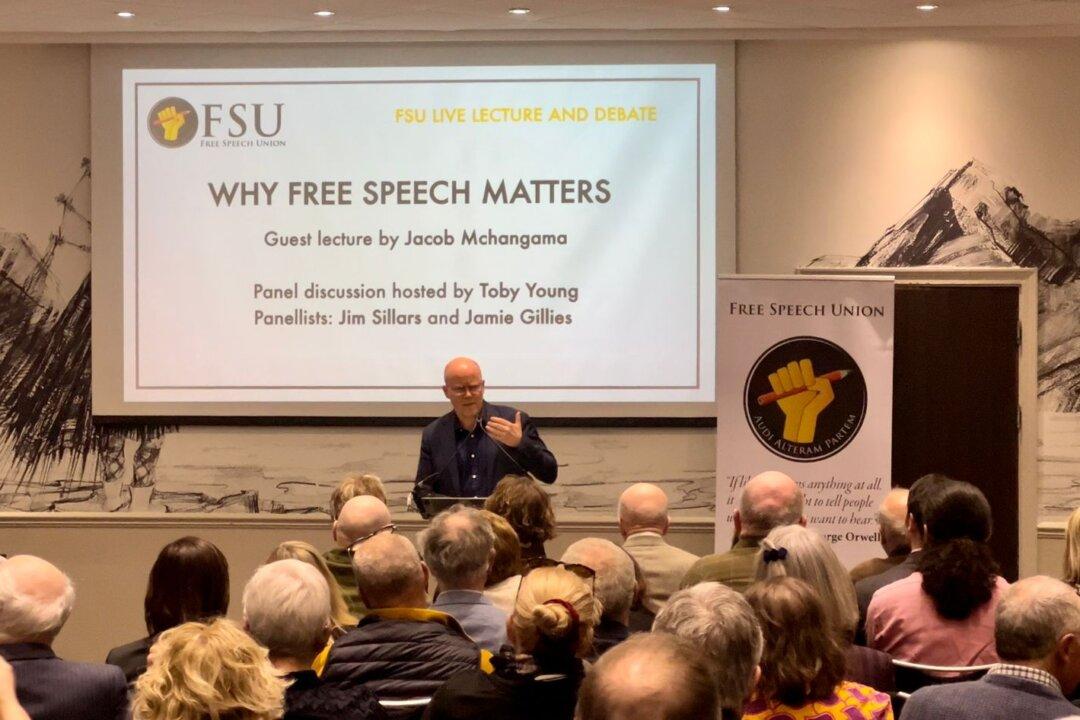Facing what some call an “unbelievably authoritarian country,” a free speech watchdog has set up a Scottish office to deal with numerous claims that new laws and extreme, progressive policies are threatening and weaponising free speech.
The Free Speech Union (FSU), which supports self-styled defenders of free expression in England, has launched a Scottish office after overwhelming demand from its members who are concerned that free speech is in peril.




